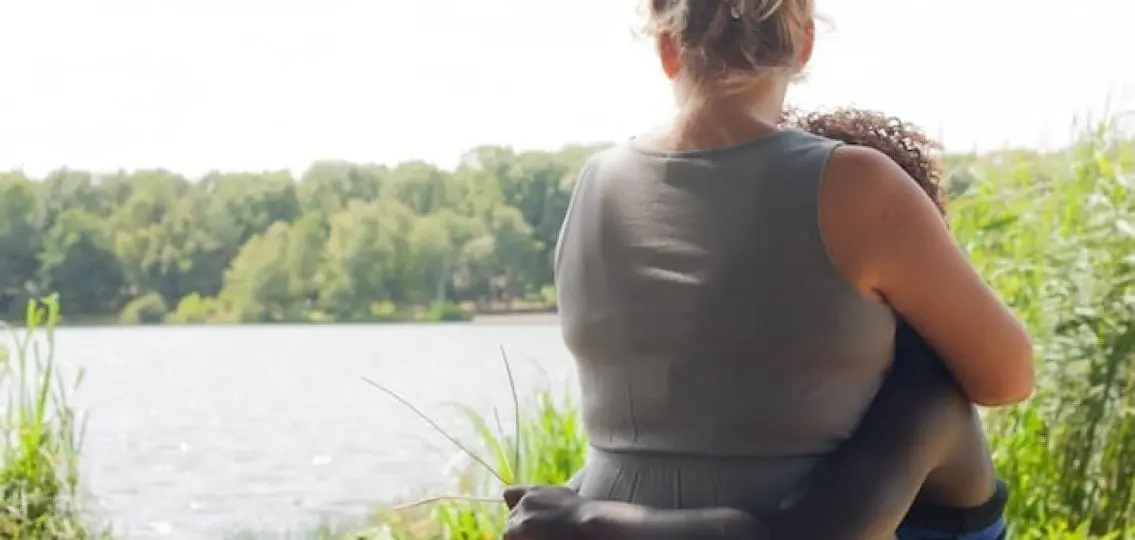Adolescence is a hard time for everyone, from massive hormonal changes to peer pressure to struggles with their identity.
But for teens in foster care, the maze of life has more dead ends and impossible twists and turns. The outcomes can be grim.
Fostering Teenagers
The goal for agencies working with foster children is to move them out of temporary foster care into permanent, loving families and to support them with training, respite, crisis services, etc. My agency and others have the privilege of offering supporting programming to “aging out” foster youth. These are 18-year-olds (or sometimes 21-year-olds) who will leave the formal foster care system and transition to adulthood.
The sad reality is many will become homeless, incarcerated, or dead within a year.
Let’s look at the facts: Children’s Rights, an advocacy organization for abused and neglected children, explains that, “When children cannot return home to their families, child welfare systems must move quickly to find them alternative homes. As time goes by, the prospects for landing in safe, loving, permanent homes grow dimmer for foster youth.”
In 2014, more than 22,000 young people aged out of foster care. Those who age out are less likely than young people in the general population to graduate from high school and attend or graduate from college.
Foster Care Facts: Teen Foster Care
When a teen experiences a trauma like suddenly being thrust into the world without family or support, the brain sets up roadblocks instead of straight-line functioning, explains Dr. Bruce Perry, a leading expert in trauma. Only positive experiences and safe options can help correct that “fight or flight” path.
We can and should improve the outcomes. My organization has been working to change the numbers for the past eight years, by matching over 80 youth with mentors, holding a life skills weekend retreat, and offering crisis intervention and future planning. We also offer these teenagers the opportunity to advocate and “raise their voice” for systematic change.
Our youth have maintained a 100 percent graduation rate from high school over the last eight years. In the last three years, over 70 percent of kids in the program are actually attending and staying in college.
However, without continued support and funding for programming, the statistics will continue to rise.
Valnita, a former foster youth, shared: “Some things could have been done differently in foster care. All teens should get Driver’s Ed and get licensed before they age out. And we should be taught the basics. I never learned how to do important things like schedule a doctor’s appointment, write a check, pay bills, cook, call in prescriptions, or file taxes properly.”
Being a teen in foster care can be a confusing and anxious experience, but it can also be an experience full of positive role models and opportunities to succeed.




